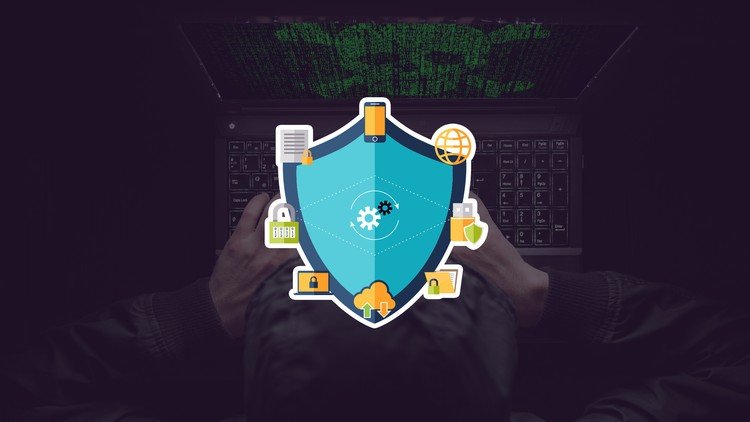As technology develops, so will the risks in the medianetwork. In this article we will see 10 tips for safe surfing on the internet.

1. Keep your personal information in your business space limited
Potential employers or clients do not need to know your personal relationship or home address. They need to know about your experience and professional background, as well as how to get in touch with you. You will not give purely personal information to strangers individually and you will not share it with millions of people on the internet.
2. Activate them Privacy Settings your
Marketing people love to know everything about you, just like hackers. They can both learn a lot from your browsing and use of social media. But you can protect your personal information. According to Lifehacker, both web browsers and mobile operating systems have settings available to protect your online privacy. Major sites like Facebook also have privacy settings available. These settings are sometimes (intentionally) difficult to find because companies want your personal information on the value of marketing. Make sure you have these privacy settings enabled, and make sure they are enabled.
3. Safe browsing practice
You wouldn't choose to walk in a dangerous neighborhood so don't visit dangerous neighborhoods online. Cybercriminals use the lure content as bait. They know that people are sometimes tempted by questionable content and can fall prey more easily. Resist the urge and don't give hackers a chance to get access to your data
4. Make sure your internet connection is secure by using a trusted VPN
When you connect to a public network, for example using a public Wi-Fi connection, you do not have direct control over its security. Cybersecurity experts are concerned about "endpoints" - the places where a private network connects to the outside world. The vulnerability is the local internet connection. Make sure your device is secure and if not, do not connect to unsafe internet access points as there is a risk that your bank account may even be stolen
To further improve the security of your web browsing, use a secure connection VPN (virtual private network). VPN allows you to have a secure connection between your device and an internet server that no one can monitor or access the data you exchange.
5. Watch what you download
A top target of cyber criminals is to deceive you by downloading malware - programs or applications that carry malware or try to steal information. This malware can be disguised as an application: anything from a popular game to something that controls traffic or weather. Do not download applications that look suspicious or come from a site you do not trust.
6. Select Strong Passwords
The passwords it is one of the biggest weak points in the entire internet security structure. The problem with passwords is that people tend to choose easy to remember ones (like “Password” and “123456”), which are also easy for hackers to guess. So we choose difficult and long passwords that the attacker cannot guess. Password management software can help you manage multiple passwords so you don't forget them. A strong password is unique and complex — at least 15 characters long, a mix of letters, numbers and special characters.
7. Shop online from secure sites
Every time you make a online shopping, you will need to provide details creditcard or bank account. Only provide this information to sites that exude secure and encrypted connections. As Boston University notes, you can identify secure sites by looking for an address that begins with https: (the S stands for secure), rather than just http: They may also be marked by a lock icon next to the address bar.
8. Watch what you post
The Internet has no way to delete. Any comment or image you post online can stay online forever, because removing the original (say, from Twitter) does not remove copies from other people. There is no way to "take back" an observation that you would not want to make or get rid of this annoying selfie you took at a party. Do not post anything on the internet that you would not want your parents or a future employer to see
9. Be careful with those you know online
The people you meet online are not always who they claim to be. In fact, they may not even be true or they may be different from what is recommended to you. Fake social media profiles are a popular way for hackers to "relax" careless internet users and take advantage of their "pockets". Be both careful and sensible in your online social life but also in your personal social life.
10. Keep your antivirus program up to date
The security software using the internet may not protect you from any kind of threat, but it will detect and remove most malware - although you should make sure it is always up to date. Be sure to upgrade to the latest available updates and update your operating system and all the applications you use. They all provide a vital level of security for you.
Follow these 10 basic internet security rules and you will avoid many of the unpleasant surprises hidden in the internet and cyberspace in general.





